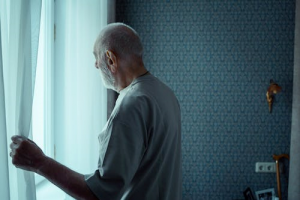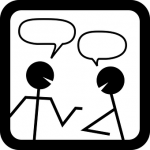Falls and Frailty

Information
Frailty is not an illness, but a syndrome that combines the effects of natural ageing with the outcomes of multiple long-term conditions, a loss of fitness and reserves.
Select the underlined questions below to see more.
Older people living with frailty are at risk of dramatic deterioration in their physical and mental wellbeing after an apparently small event which challenges their health (e.g. infection, new medication, fall, constipation or urine retention).
In medicine, frailty defines the group of older people who are at highest risk of adverse outcomes such as falls, disability, admission to hospital, or the need for long-term care.
- Fatigue – “Are you fatigued?”
- Resistance – “Can you (not) climb one flight of stairs?”
- Ambulation – “Can you (not) walk one block?”
- Illnesses – greater than five
- Loss of weight – greater than 5 percent
Frailty is associated with an increased risk of falls (Clegg et al 2013). Frailty-induced falls are associated with a greater risk of fractures, hospitalisation and institutionalisation (Joseph et al 2015).
A fall is defined as an event which results in a person coming to rest inadvertently on the ground or floor or other lower level. Age is one of the key risk factors for falls. Older people have the highest risk of death or serious injury arising from a fall and the risk increases with age. Older people who fall suffer moderate to severe injuries such as bruises, hip fractures or head trauma. This risk level may be in part due to physical, sensory and cognitive changes associated with ageing, in combination with environments that are not adapted for an ageing population.
NHS Inform recommend the following advice if you have had a fall:-
- If you fall try to stay calm.
- Take time to assess the situation as it can take a few minutes to feel pain from injuries.
What you do next will depend on if you’re hurt and whether or not you’re able to get up without help. If you already have a falls plan, try to follow it if you can.
The first thing you need to do after a fall is work out if you’re hurt. Take a few minutes to check your body for any pain or injuries, then:
- if you’re hurt or unable to get off the floor, call for help and keep warm and moving as best you can while you wait
- if you’re not hurt, try to get up from the floor
If you’re not hurt and feel well enough, you could try to get up from the floor. The best way will differ from person to person, but as a guide, you can:
- Roll onto your side.
- Push yourself up to a side sitting position.
- Slowly get onto your hands and knees.
- Crawl towards a sturdy piece of furniture that can support you to get up – such as a solid chair or sofa.
- Kneel side-on to the chair or sofa with your strongest leg next to it, then slide the foot of your strongest leg forward so that it’s flat on the floor. Your other knee should remain on the floor.
- Put both hands on the chair or sofa.
- Raise and turn your body, pushing through your hands and foot until your bottom is safely on the chair or sofa.
- Sit for a few minutes before you try to do anything else and check again for injuries.
If you have weak muscles, or painful and stiff joints in your legs, you may not be able to follow these instructions. In this case, you can consider getting a community alarm so you know that help will always be available. To improve your confidence and technique, it’s a good idea to practice getting up from a fall in different rooms of your house and using different types of sturdy furniture for support. For your safety, ask a friend or relative to be with you when you practice
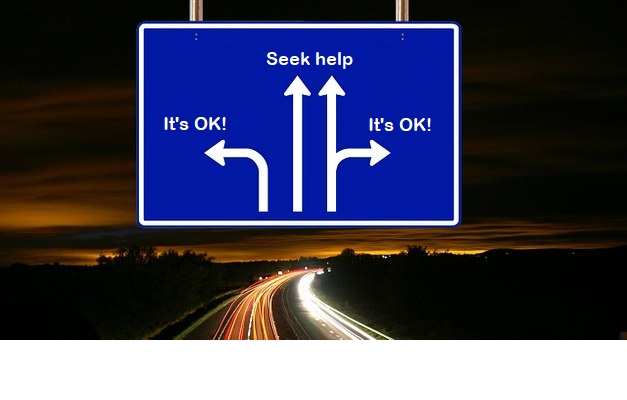
Coping with
Here you’ll find hints and tips to help you cope with frailty.
The following buttons are self-help suggestions
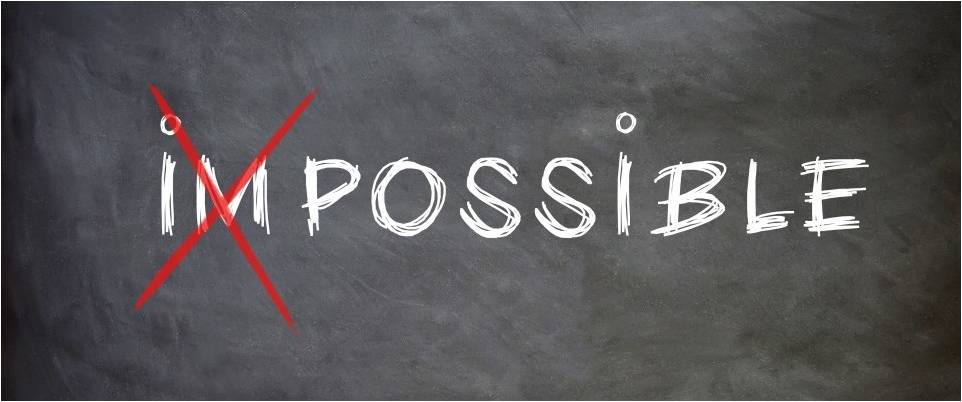
Finding help
What can you do?
- Talk to your GP
- Talk to a mental health professional
- Talk to the local authority
Select the underlined topics below to view what resources are available.

Getting more help
If you haven’t already found the help you’re looking for, you can find additional information and services which are more interactive here.
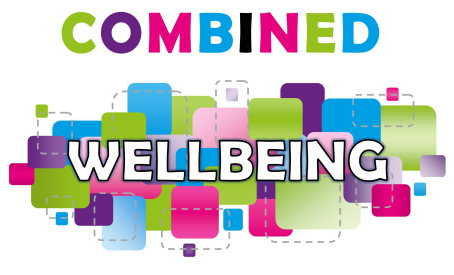









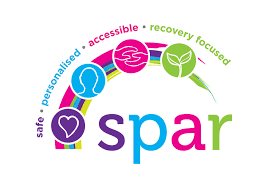
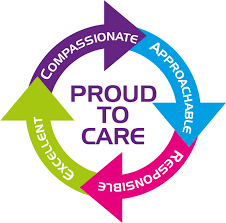


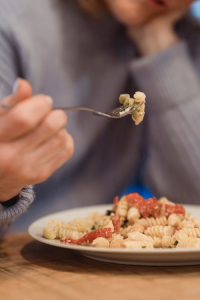
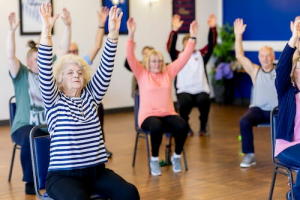 Stay active and engage in activities which improves muscle strength, posture, co-ordination and balance.
Stay active and engage in activities which improves muscle strength, posture, co-ordination and balance. Eat well and try to eat little and often as it is important to keep your energy levels up.
Eat well and try to eat little and often as it is important to keep your energy levels up.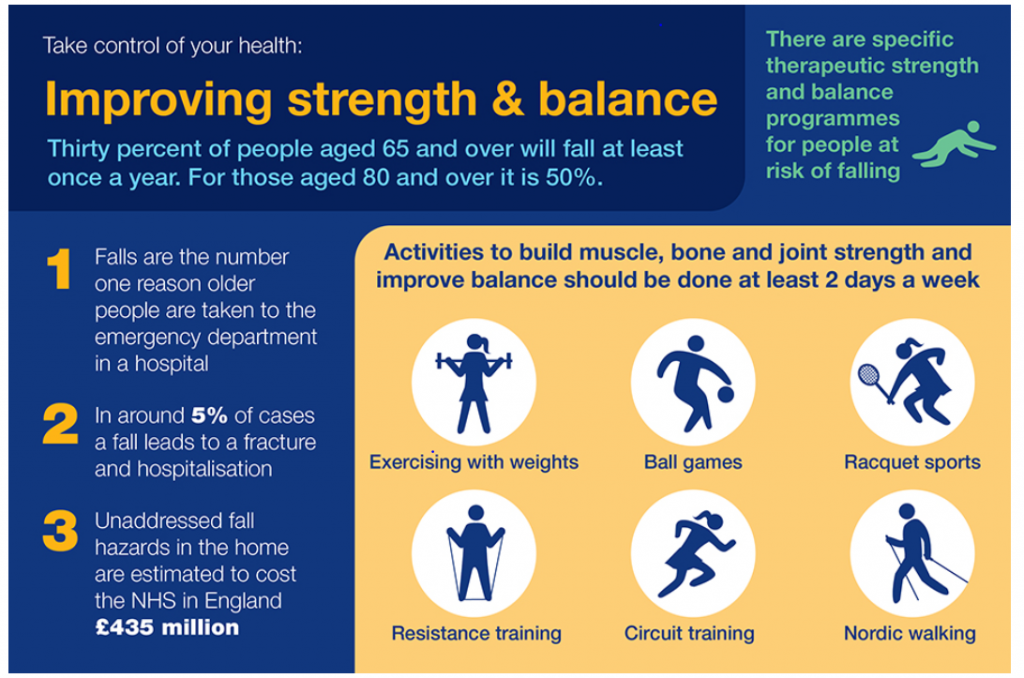
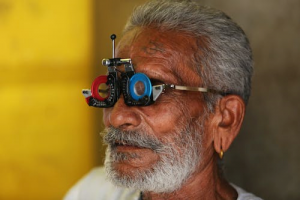 Eye care – report any changes in vision to your GP and attend regular eye tests around every 2 years.
Eye care – report any changes in vision to your GP and attend regular eye tests around every 2 years.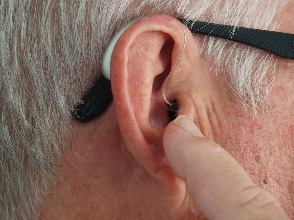 Hearing Problems – speak to your GP about any changes to your hearing and attend hearing tests.
Hearing Problems – speak to your GP about any changes to your hearing and attend hearing tests.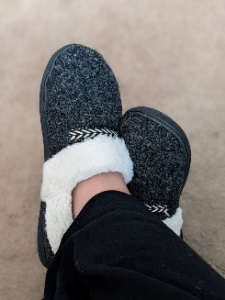 Good Footwear – try and wear shoes with a back (especially when going up the stairs), wear shoes that are comfy, well supported and have a good grip. Always wear shoes indoors instead of walking bare footed or in socks/ tights.
Good Footwear – try and wear shoes with a back (especially when going up the stairs), wear shoes that are comfy, well supported and have a good grip. Always wear shoes indoors instead of walking bare footed or in socks/ tights.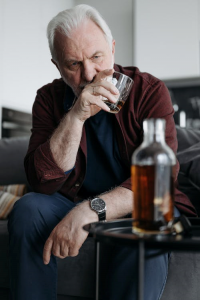 Alcoholism is associated with many medical, social and economic problems. Older people who drink heavily also subject themselves to fall injuries, dementia, liver disease, heart disease and brain damage.
Alcoholism is associated with many medical, social and economic problems. Older people who drink heavily also subject themselves to fall injuries, dementia, liver disease, heart disease and brain damage. Due to slower metabolism, older people are less able to handle alcohol than younger drinkers. In addition, most elderly people have been prescribed medications for treating insomnia, depression and various cardiovascular problems. Drinking alcohol on top of these medications can result in blurred vision, disorientation, loss of balance and therefore more likely to fall and sustain injuries which may be fatal. Reducing your alcohol intake will help to reduce alcohol related illness and the potential of falls.
Due to slower metabolism, older people are less able to handle alcohol than younger drinkers. In addition, most elderly people have been prescribed medications for treating insomnia, depression and various cardiovascular problems. Drinking alcohol on top of these medications can result in blurred vision, disorientation, loss of balance and therefore more likely to fall and sustain injuries which may be fatal. Reducing your alcohol intake will help to reduce alcohol related illness and the potential of falls. 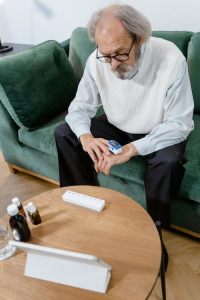 Older people with frailty are very sensitive to medicines because the body has trouble getting rid of them. This can mean a normal dose of medicine can build-up in the body which can cause an adverse reaction.
Older people with frailty are very sensitive to medicines because the body has trouble getting rid of them. This can mean a normal dose of medicine can build-up in the body which can cause an adverse reaction.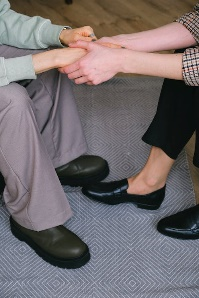 Remove unnecessary rugs or mats especially if they are not in good condition and corners are turning up.
Remove unnecessary rugs or mats especially if they are not in good condition and corners are turning up.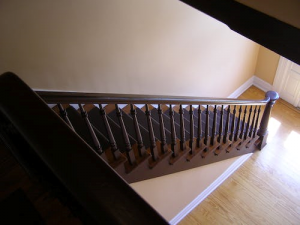 Clear walk ways and remove any clutter.
Clear walk ways and remove any clutter.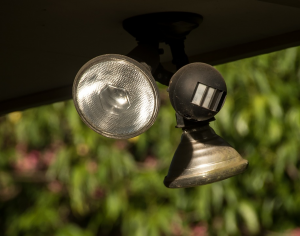 Ensure that your home and the outside of your home have adequate lighting.
Ensure that your home and the outside of your home have adequate lighting. Clean up any spillages.
Clean up any spillages.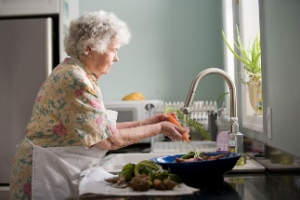 Doing the basic activities such as washing/ dressing, walking around the house, using the stairs, preparing meals, shopping, dusting/ hoovering etc can be exhausting for individuals who are frail.
Doing the basic activities such as washing/ dressing, walking around the house, using the stairs, preparing meals, shopping, dusting/ hoovering etc can be exhausting for individuals who are frail.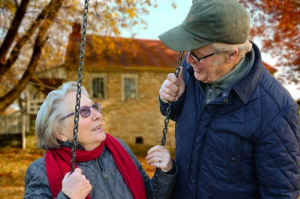 It is important to remain as active as you can (within your limits) as significantly reducing activity levels and retreating to bed or the armchair can accelerate the frailty process. This contributes to muscle loss, especially the leg, chest and heart muscles.
It is important to remain as active as you can (within your limits) as significantly reducing activity levels and retreating to bed or the armchair can accelerate the frailty process. This contributes to muscle loss, especially the leg, chest and heart muscles.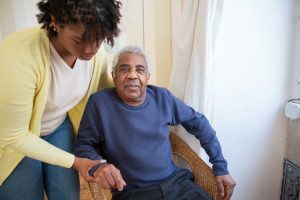
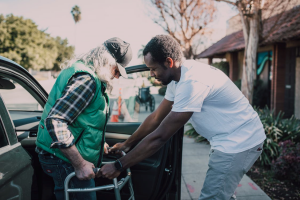 Being housebound is a risk factor for loneliness, and that loneliness is itself a risk factor for depression, poor sleep, impaired thinking skills, higher use of health care with more GP visits, higher use of medication, and higher incidence of falls.
Being housebound is a risk factor for loneliness, and that loneliness is itself a risk factor for depression, poor sleep, impaired thinking skills, higher use of health care with more GP visits, higher use of medication, and higher incidence of falls. Try and keep your brain active by completing Sudoku, crossword, puzzles, quizzes, arts and crafts, reading etc any activity that keeps your brain stimulated as your brain is a muscle and you need to exercise it!
Try and keep your brain active by completing Sudoku, crossword, puzzles, quizzes, arts and crafts, reading etc any activity that keeps your brain stimulated as your brain is a muscle and you need to exercise it!